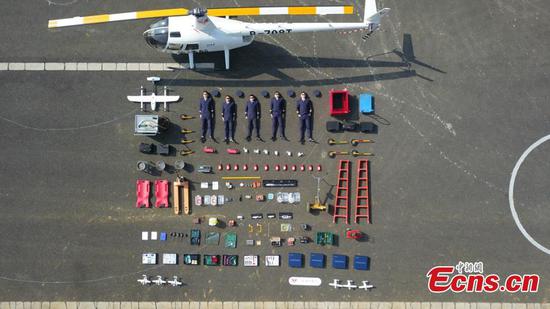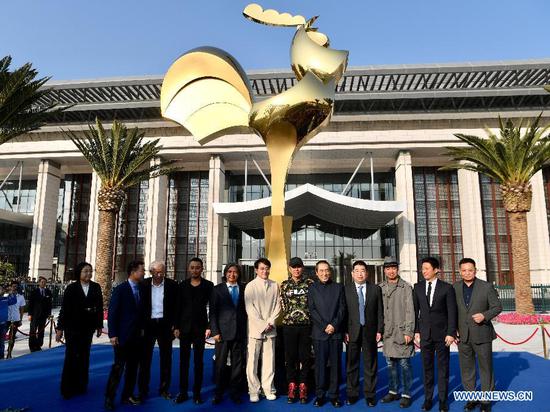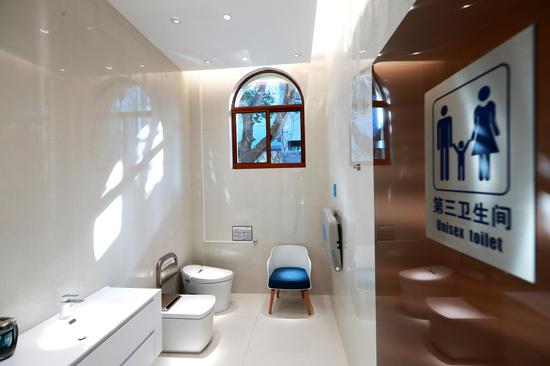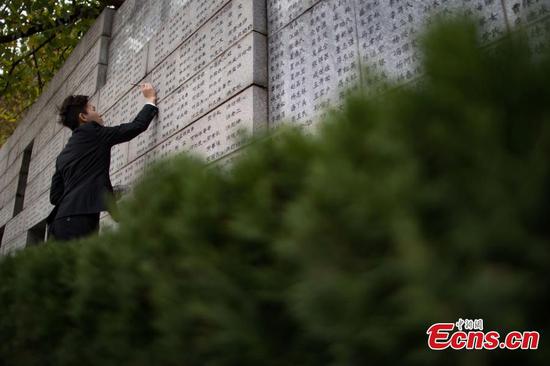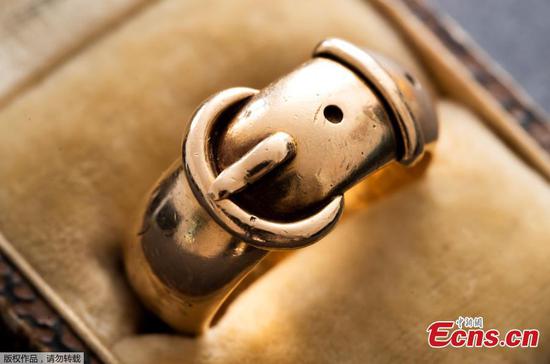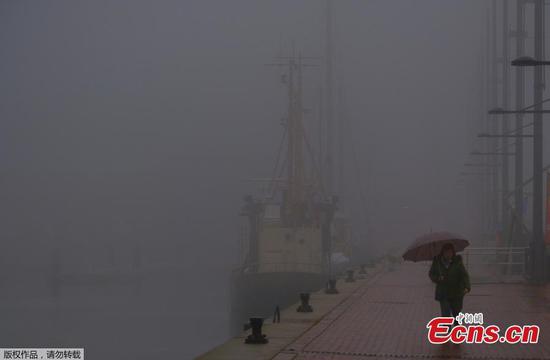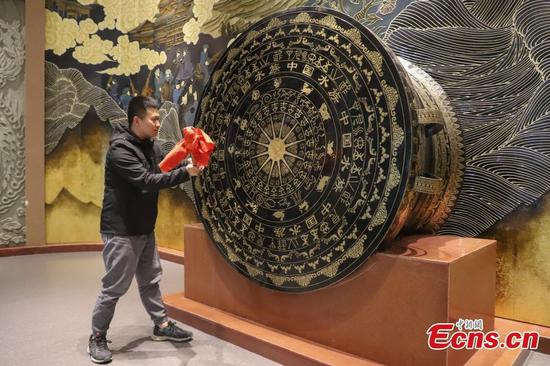China will continue to reduce the tax burden on individuals by improving and better implementing the special individual income tax deduction mechanism.
The mechanism had slashed taxes by over 440 billion yuan (about 62.5 billion U.S. dollars) for 250 million taxpayers in the first nine months of this year, according to a statement released after a State Council executive meeting chaired by Premier Li Keqiang Wednesday.
Launched in October 2018, special individual income tax deductions are designed to lower the tax burden for those who have certain expenditures. Those expenditures cover six areas, including children's education, continuing education, medical treatment for serious diseases, housing loan interests, rent and elderly care.
The meeting decided to further lower the tax burden on low- and medium-income groups. It passed a temporary decision to exempt those whose aggregate annual income is no higher than 120,000 yuan within a period of two years from the obligation to declare the settlement and payment of individual income taxes.
Continued efforts should be made to advance the centralized procurement and utilization of medicines as such measures have reduced the burden on the public, according to the meeting.
To ensure the stable supply and quality of medicines, the country will establish reporting systems that can reflect the emergency stocks, inventories and production capacities of bid-winning medicine manufacturers.
The meeting passed a draft law concerning urban maintenance and construction tax and agreed to submit the draft to the Standing Committee of the National People's Congress for deliberation.












